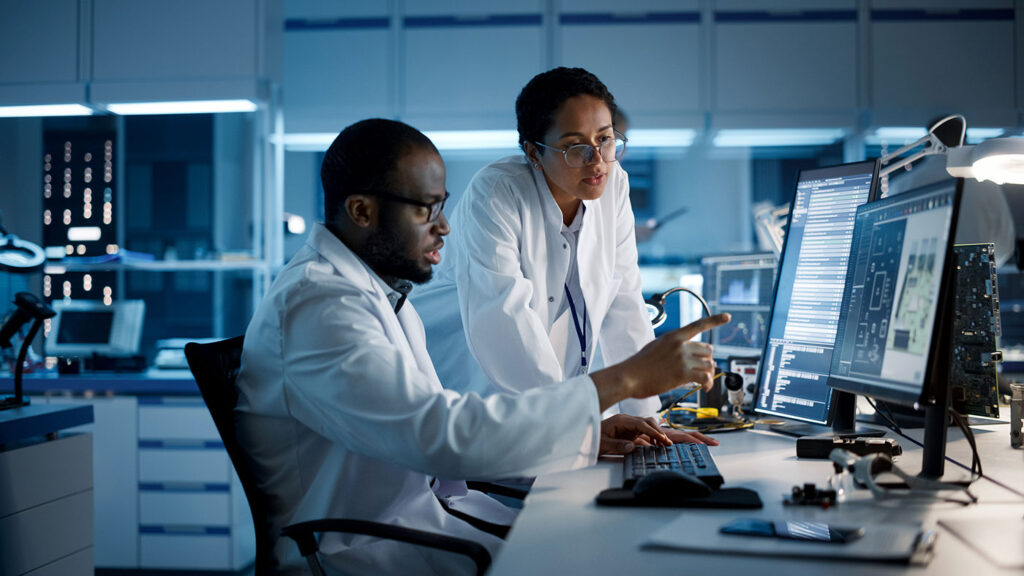Biomanufacturing companies that are now getting on board with digital transformation need to ensure that they are educated about artificial intelligence to critically assess its possibilities. That is among the views expressed during an expert panel at the 17th Annual Bioprocessing Summit.
Speakers, including Angela Hill, lead operational technology data manager at Regeneron, discussed how, while companies still vary in digital readiness, they now all value digital, with the latest “frontier” being understanding artificial intelligence.
“There’s a spectrum of readiness from companies that have invested heavily in the last 5 to 10 years, such as Sanofi and Amgen, to those still using paper records,” explained Irene Rombel, PhD, CEO and co-founder of BioCurie, who assembled and moderated the panel.
“Everyone is now getting the message that digital is a must-have, but also that they need to get on board with AI or get left behind.”
One of the problems, according to Rombel, is that there is a lot of “magic thinking” about what AI can do, and companies need to educate themselves about its limitations—as well as its potential.
“AI is only as good as the data that you give it, and sometimes good old statistical modeling will suffice,” she said. “[As they always say], you don’t [always] need a Porsche to drive to the supermarket.”
She warned that biomanufacturers can fall victim to “AI washing,” where people play “fast and loose” with terminology, such as deep learning or large language models (LLMs).
“It sets off alarm bells because practitioners are very strict about what AI is and, with deep learning [for example], you need lots of high-quality data.”
As bioprocessing is an area in which most data sets are small, she said, when people use these terms in the industry, it raises her suspicions of either accidental ignorance or deliberate attempts to mislead.
“People need to think critically about what they’re hearing,” she said. “We need to educate the public and practitioners, so they can make intelligent interpretations.” The alternative, she added, is that people can become disappointed in AI and dismiss it as overhyped technology when, if used intelligently, it can be empowering. AI can also be misused in a way that is potentially harmful to patients, she said. For example, trying to use AI to extrapolate data to create new results.
“We’ve had a question about using LLMs to fill in gaps in datasets and, from a scientific and risk perspective, that’s very wrong—the repercussions [for patient safety] are frightening,” she continued.
She concluded with the positives of using AI. These include freeing up industry professionals to spend less time on repetitive tasks and more time being intellectually engaged.
“The future state of manufacturing should be a smart factory,” she said. “We’ll always need human oversight, but in the future, it will be attuned to what humans are good at. That means less contamination, a faster time to clinic, and a high reproducibility [of both processes and results].”

